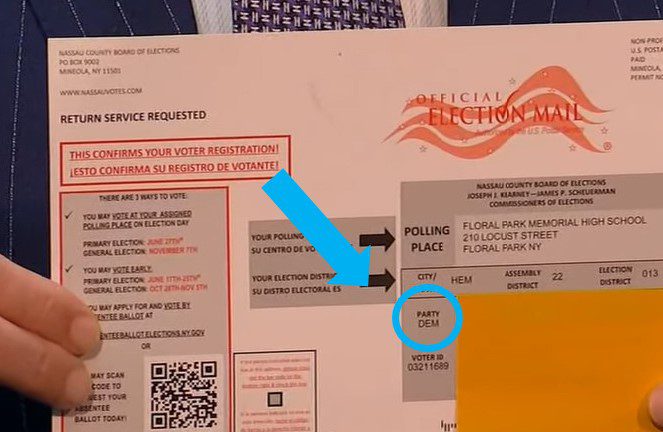
WASHINGTON ― The lead Republicans negotiating a debt ceiling deal with the White House walked out of the talks on Friday, saying Republicans needed to “press pause.”
“Until people are willing to have reasonable conversations about how you can actually move forward and do the right thing, then we’re not gonna sit here and talk to ourselves,” Rep. Garrett Graves (R-La.) told reporters after leaving a meeting at the Capitol.
The White House confirmed that the two sides remained far from an agreement.
“There are real differences between the parties on budget issues, and talks will be difficult,” a White House official said in an email, adding that the president’s team “is working hard towards a reasonable bipartisan solution that can pass the House and the Senate.”
Republicans have demanded significant spending cuts in exchange for listing the federal government’s “debt ceiling,” a legal limit on how much the government can borrow to pay bills Congress has racked up over the years. Republicans also want stricter “work requirements” in certain federal safety net programs.
It’s a high-stakes negotiation: If lawmakers can’t reach a deal, the federal government could default on its debts as soon as June 1. A default would be unprecedented and have big economic repercussions because the entire financial system benchmarks borrowing costs to the interest rates on presumably reliable government debt.
House Speaker Kevin McCarthy (R-Calif.) and President Joe Biden sounded optimistic this week that they were making progress on a deal, prompting progressive Democrats to sound alarms about potential benefit cuts.
Far-right Republicans in the House Freedom Caucus, meanwhile, called for McCarthy to cease negotiations, which has now apparently happened. And former President Donald Trump urged Republicans on Friday not to make a deal “unless they get everything they want.”
Biden has signaled openness to new work requirements ― better understood as limits on benefits to the unemployed ― but it’s unclear where he might be willing to add them. Republicans proposed stricter eligibility rules for jobless Americans in Medicaid, the Supplemental Nutrition Assistance Program and the relatively tiny Temporary Assistance for Needy Families program.























































